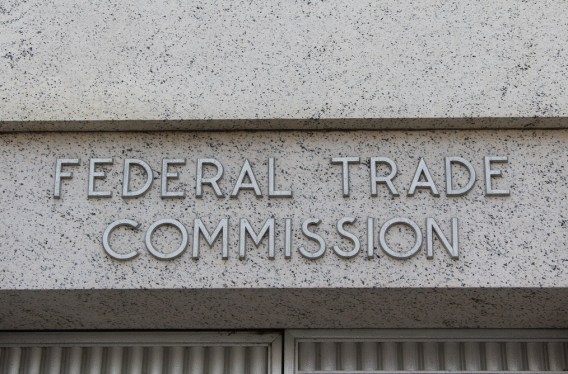FTC Sues Data Broker Kochava Over Sale of People’s Sensitive Location Data Including Visits to Reproductive Health Clinics
The article discusses the lawsuit filed by the Federal Trade Commission (FTC) against Kochava, a data marketplace company that aggregates and sells location data from mobile devices. The FTC alleges that Kochava is violating federal law by collecting and selling sensitive location data without consent.
Here are some key points from the article:
- Kochava’s business model: Kochava collects location data from mobile devices through third-party data brokers, which represent that the data comes from consenting consumers.
- FTC lawsuit: The FTC alleges that Kochava is violating federal law by collecting and selling sensitive location data without consent, including data from sensitive locations such as schools, hospitals, and places of worship.
- Kochava’s response: Kochava released a statement denying the allegations and claiming that it operates in compliance with all rules and laws, including those specific to privacy.
- New capability to block geo data: Kochava announced that it will implement a new capability called "Privacy Block" to remove geo data from sensitive locations from its data marketplace.
- Industry reaction: Industry experts and advocates are weighing in on the lawsuit, with some praising the FTC for taking action to protect consumer privacy.
Some potential implications of this lawsuit include:
- Increased scrutiny of data marketplace companies: The lawsuit may lead to increased scrutiny of other data marketplace companies that collect and sell location data.
- Changes to industry practices: The lawsuit could lead to changes in industry practices, such as requiring consent for the collection and sale of sensitive location data.
- Potential impact on mobile apps: The lawsuit may also have implications for mobile app developers who collect and use location data.
Overall, the article highlights the importance of protecting consumer privacy and the need for companies to be transparent about their data collection practices.









